Out and About with Joel Kim Booster
In the latest edition of Out Traveler’s Out and About series, we catch up with the multi-talented Joel Kim Booster.From his beginnings as a stand-up comedian in Chicago to becoming a fixture in Los Angeles’s entertainment scene, Booster has captured audiences with his dynamic presence both on and off-screen.He’s the creative force behind the acclaimed Hulu film Fire Island, a trailblazing movie boasting a predominantly Asian American cast that garnered Emmy nods and an Independent Spirit Award nomination.Beyond cinema, Booster has honed his comedic chops in the Apple TV+ comedy series Loot alongside Maya Rudolf. He has delved deep into personal and cultural narratives with his 2022 Netflix comedy special Joel Kim Booster: Psychosexual. Booster’s talents are further showcased through his role in Freeform’s culinary adventure series Chrissy & Dave Dine Out. Alongside Chrissy Teigen and David Chang, Joel brings his unique charm to the show, adding a new dimension to his ever-expanding repertoire.In our conversation, Booster shares insights into his travel preferences – from his favorite hotel to the destination that surprisingly stole his heart, and how he navigates and embraces LGBTQ+ culture around the globe. His reflections on identity, representation, and the transformative power of travel make for a compelling read as we explore the roads less traveled with a seasoned navigator of both comedy and culture.RELATED: Out and About with Jesse Tyler FergusonFavorite hotel?JKB: Equinox in Hudson Yards.Beach or mountain escape?JKB: Beach, always.Go-to movie to watch on a flight?JKB: My Best Friend’s Wedding or You’ve Got Mail.If you found yourself stranded on an island, which three items would you hope to have with you?JKB: My Steam Deck, a solar battery, and White Teeth by Zadie Smith.What’s one travel destination that exceeded your expectations and why?JKB: Mexico City. I had heard so many amazing things about the food and the people and the culture and I didn’t think it could possibly meet those expectations, but it did and then some. It’s my favorite North American city by far.How do you navigate and embrace local LGBTQ+ culture when visiting different countries?JKB: I always try to find the gay neighborhood if I can. Local gay bars are still so important and often hold so much history that gets forgotten about. I love to experience what local gay scenes have to offer, big or small.Can you share a travel tip or hack that has made your journeys more enjoyable or convenient?JKB: TSA precheck is a must if you travel more than a couple times a year. I show up to the airport half an hour before boarding and I’ve never missed a flight.Are there any specific LGBTQ+-friendly destinations or events that you’ve particularly enjoyed?JKB: I met my partner at Puerto Vallarta Pride and so it will always hold a special place in my heart. PV may not be the place with the most culture, but for a gay person, it really is like a little theme park where you can have as much fun as you make.Have you ever had a transformative or eye-opening experience while immersing yourself in a different culture, if so, please explain.JKB: The first time I ever visited Asia, I was in Japan with friends. It was an extremely transformative trip for me in part because I had never in my life been a member of the majority race before. I felt what it was to be another face in the crowd, essentially what it felt like to be white in America. I never realized how much weight I carried with me in the West, worrying that I was at all times a representative of my race, worried that every little thing I did would be pathologized to the rest of my race. It was eye-opening and life-changing.Are there any travel destinations on your bucket list that you haven't had a chance to visit yet, and if so, where are they?JKB: I still want to visit South Korea, and more specifically Jeju where I was born.How do you balance your personal life and privacy while traveling in the public eye?JKB: It’s honestly not that difficult, as I’m just not that famous yet. And when someone does approach me to compliment me or my work, I welcome it still. I have no idea how long this portion of my life and career will last, success is so fleeting. So, I’m far from reaching the point where it’s overwhelming or annoying yet.You’ve been involved in both writing and performing. Which aspect of comedy do you find more challenging, and why?JKB: Writing is definitely more challenging in a lot of ways, but because of that it’s way more rewarding than acting is ultimately. I love to perform but I do think it comes easily and is far more fleeting.In the context of the current social and political climate, how do you see the role of comedy evolving, and what responsibilities do comedians have, if any, to engage with these issues?JKB: I think a comedian’s primary responsibility is to make people laugh. However you get there is your choice, but if you can’t find a funny way to approach a subject, y


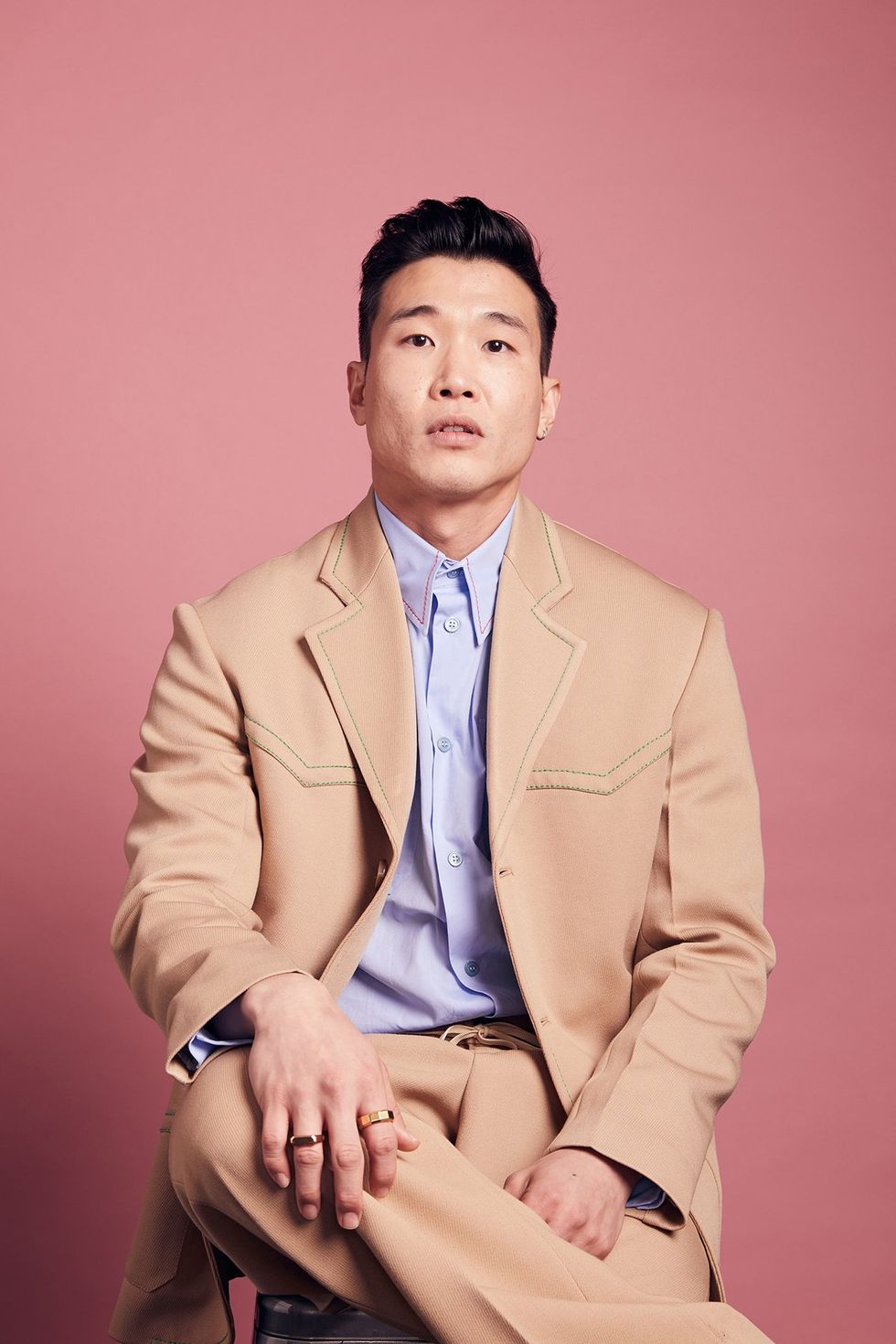
In the latest edition of Out Traveler’s Out and About series, we catch up with the multi-talented Joel Kim Booster.
From his beginnings as a stand-up comedian in Chicago to becoming a fixture in Los Angeles’s entertainment scene, Booster has captured audiences with his dynamic presence both on and off-screen.
He’s the creative force behind the acclaimed Hulu film Fire Island, a trailblazing movie boasting a predominantly Asian American cast that garnered Emmy nods and an Independent Spirit Award nomination.
Beyond cinema, Booster has honed his comedic chops in the Apple TV+ comedy series Loot alongside Maya Rudolf. He has delved deep into personal and cultural narratives with his 2022 Netflix comedy special Joel Kim Booster: Psychosexual. Booster’s talents are further showcased through his role in Freeform’s culinary adventure series Chrissy & Dave Dine Out. Alongside Chrissy Teigen and David Chang, Joel brings his unique charm to the show, adding a new dimension to his ever-expanding repertoire.
In our conversation, Booster shares insights into his travel preferences – from his favorite hotel to the destination that surprisingly stole his heart, and how he navigates and embraces LGBTQ+ culture around the globe. His reflections on identity, representation, and the transformative power of travel make for a compelling read as we explore the roads less traveled with a seasoned navigator of both comedy and culture.
RELATED: Out and About with Jesse Tyler Ferguson
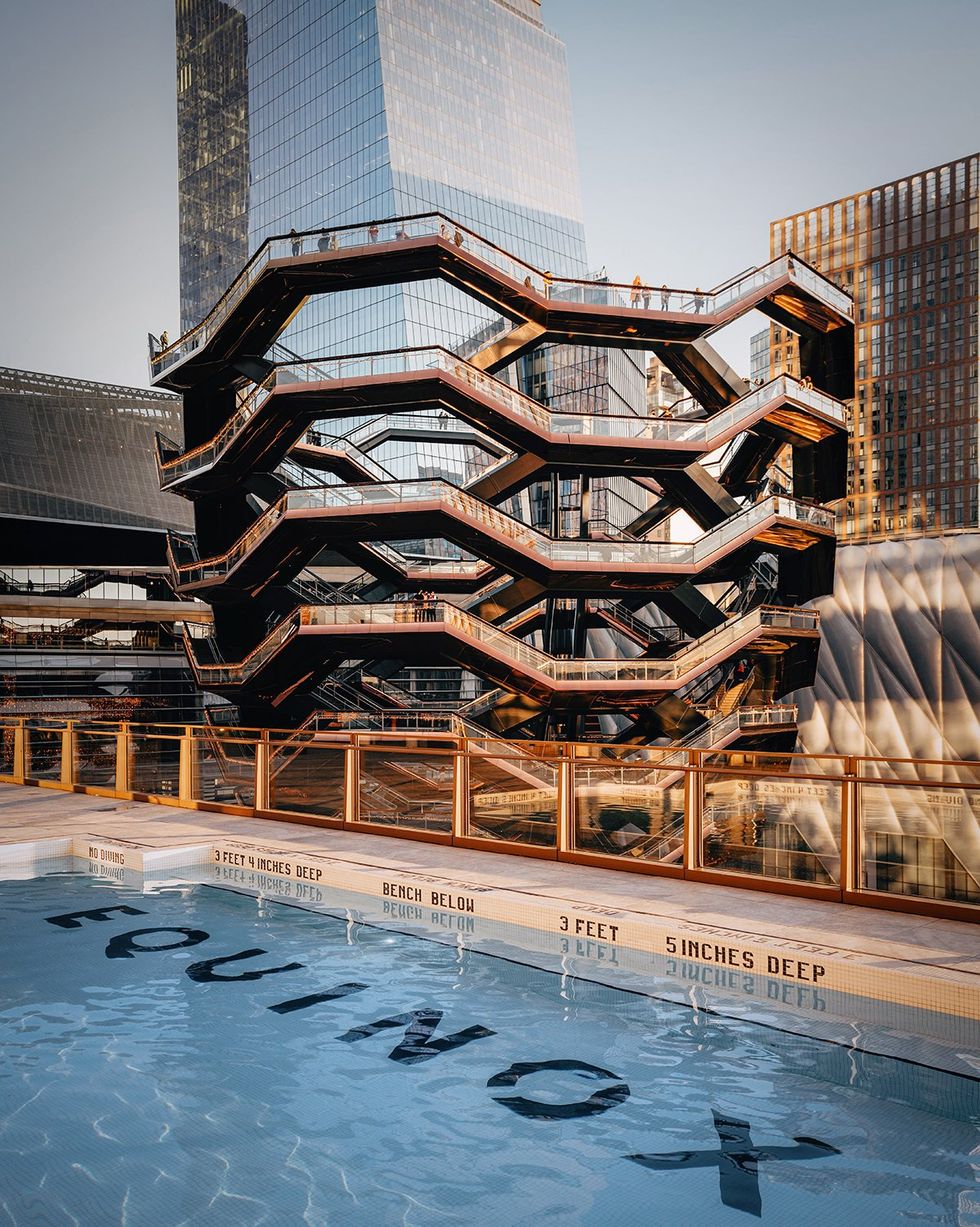
Favorite hotel?
Beach or mountain escape?
JKB: Beach, always.
Go-to movie to watch on a flight?
JKB: My Best Friend’s Wedding or You’ve Got Mail.
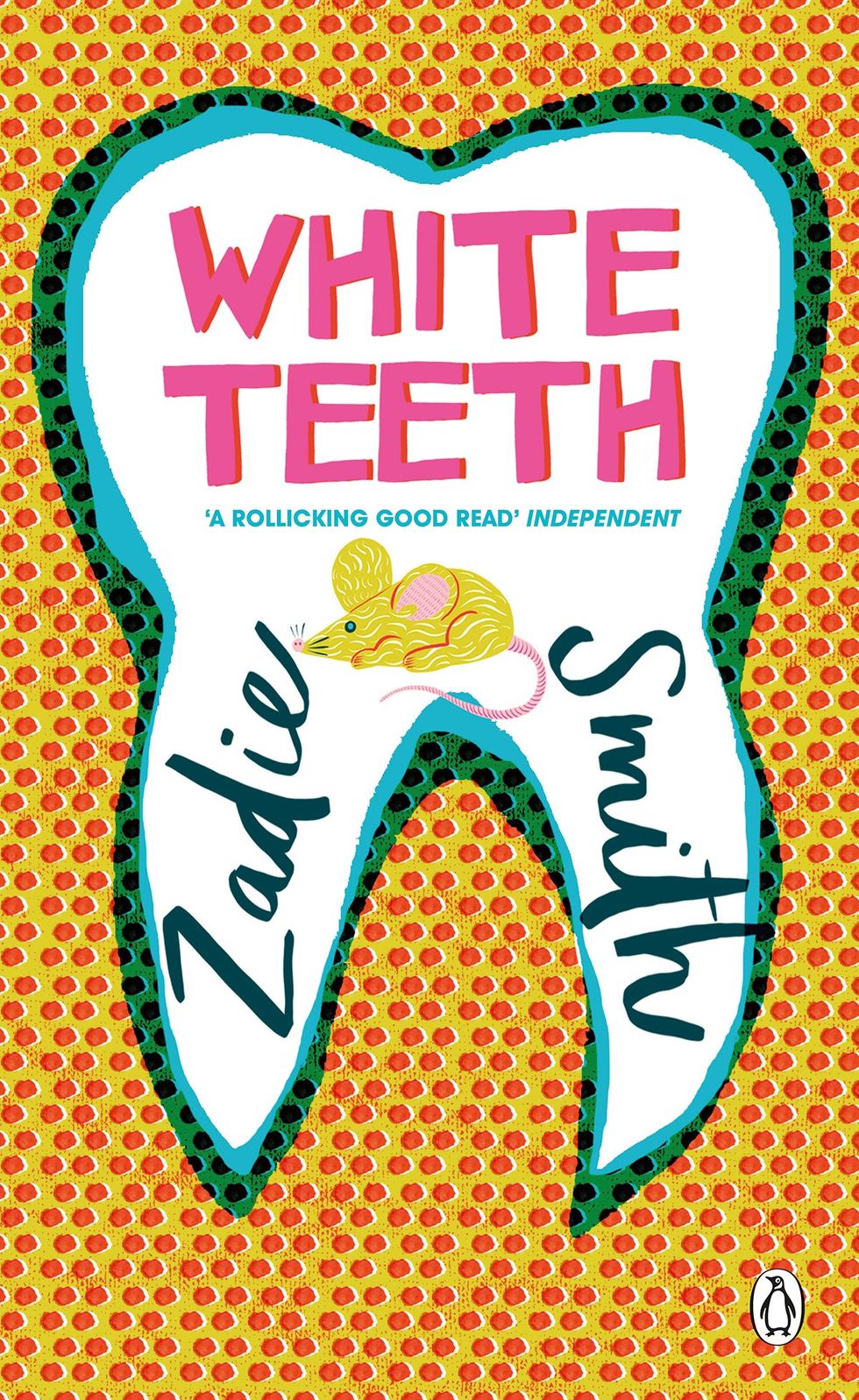
If you found yourself stranded on an island, which three items would you hope to have with you?
JKB: My Steam Deck, a solar battery, and White Teeth by Zadie Smith.
What’s one travel destination that exceeded your expectations and why?
JKB: Mexico City. I had heard so many amazing things about the food and the people and the culture and I didn’t think it could possibly meet those expectations, but it did and then some. It’s my favorite North American city by far.
How do you navigate and embrace local LGBTQ+ culture when visiting different countries?
JKB: I always try to find the gay neighborhood if I can. Local gay bars are still so important and often hold so much history that gets forgotten about. I love to experience what local gay scenes have to offer, big or small.
Can you share a travel tip or hack that has made your journeys more enjoyable or convenient?
JKB: TSA precheck is a must if you travel more than a couple times a year. I show up to the airport half an hour before boarding and I’ve never missed a flight.

Are there any specific LGBTQ+-friendly destinations or events that you’ve particularly enjoyed?
JKB: I met my partner at Puerto Vallarta Pride and so it will always hold a special place in my heart. PV may not be the place with the most culture, but for a gay person, it really is like a little theme park where you can have as much fun as you make.
Have you ever had a transformative or eye-opening experience while immersing yourself in a different culture, if so, please explain.
JKB: The first time I ever visited Asia, I was in Japan with friends. It was an extremely transformative trip for me in part because I had never in my life been a member of the majority race before. I felt what it was to be another face in the crowd, essentially what it felt like to be white in America. I never realized how much weight I carried with me in the West, worrying that I was at all times a representative of my race, worried that every little thing I did would be pathologized to the rest of my race. It was eye-opening and life-changing.
Are there any travel destinations on your bucket list that you haven't had a chance to visit yet, and if so, where are they?
JKB: I still want to visit South Korea, and more specifically Jeju where I was born.
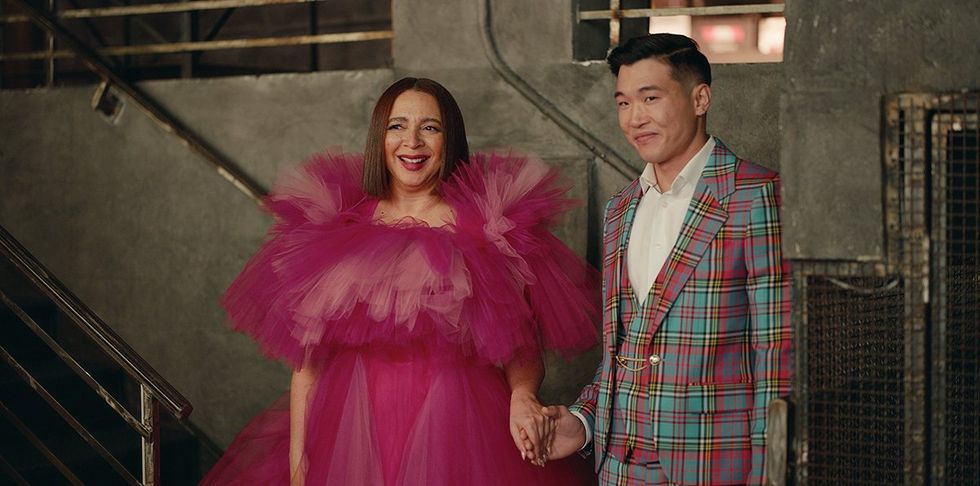
How do you balance your personal life and privacy while traveling in the public eye?
JKB: It’s honestly not that difficult, as I’m just not that famous yet. And when someone does approach me to compliment me or my work, I welcome it still. I have no idea how long this portion of my life and career will last, success is so fleeting. So, I’m far from reaching the point where it’s overwhelming or annoying yet.
You’ve been involved in both writing and performing. Which aspect of comedy do you find more challenging, and why?
JKB: Writing is definitely more challenging in a lot of ways, but because of that it’s way more rewarding than acting is ultimately. I love to perform but I do think it comes easily and is far more fleeting.
In the context of the current social and political climate, how do you see the role of comedy evolving, and what responsibilities do comedians have, if any, to engage with these issues?
JKB: I think a comedian’s primary responsibility is to make people laugh. However you get there is your choice, but if you can’t find a funny way to approach a subject, you should do a Ted Talk instead. There are plenty of examples of comics who can and have tackled more difficult subjects with humor, but if you lose sight of the primary objective of your work then it ceases to be comedy.
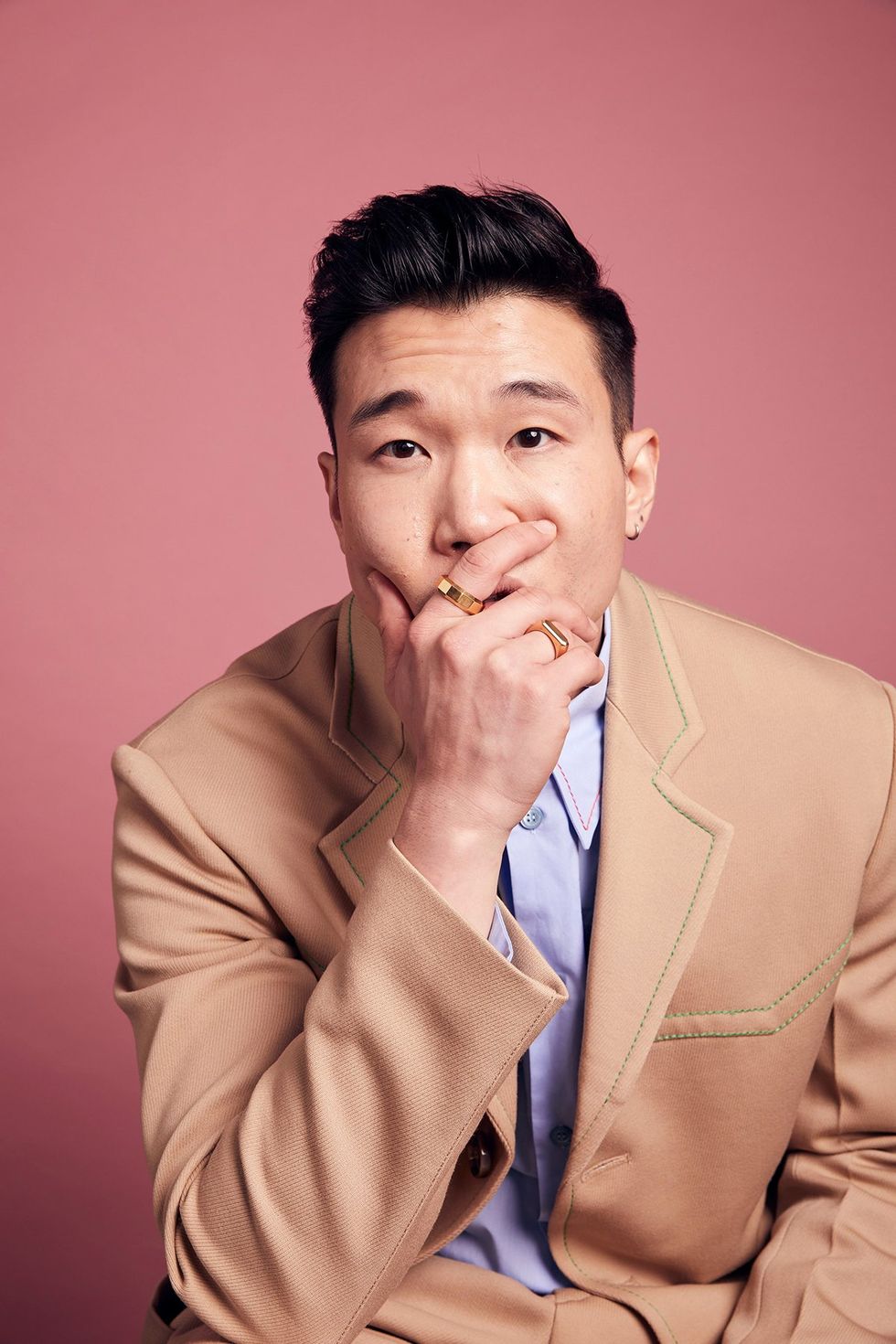
As an openly gay comedian, how do you approach LGBTQ+ representation in your work, and what impact do you hope to have on both the queer community and mainstream audiences?
JKB: It’s not something I try to get tangled up thinking about at the end of the day. That’s not for me to consider, it’s for the audience. Early in my career, I was obsessed with representing the community well in part because there were so few queer comedians working. That’s no longer the case. If you don’t connect with me or feel represented by me, please ignore me and find one of the many other queer comedians out there doing material you will connect with. That all I think distracted me from making meaningful comedy. You can’t reverse engineer these things. I will best represent my community by being good at what I do, I won’t be good at what I do because I’m a good representation. If that makes sense.

 Mark
Mark 





